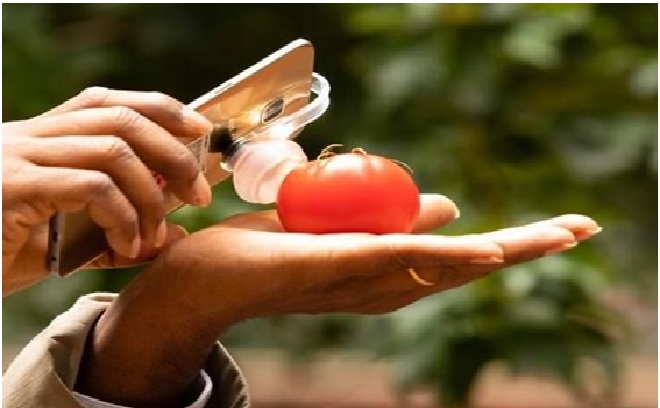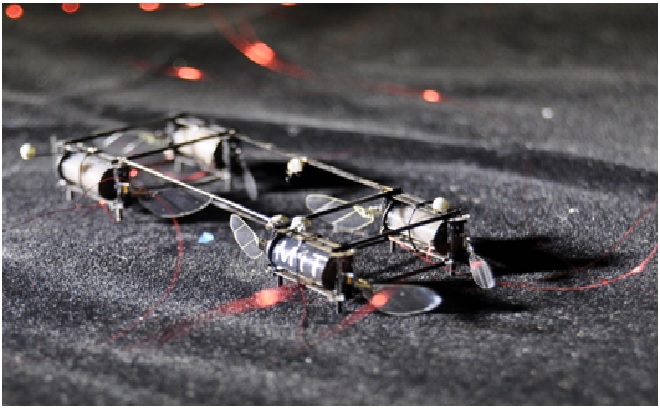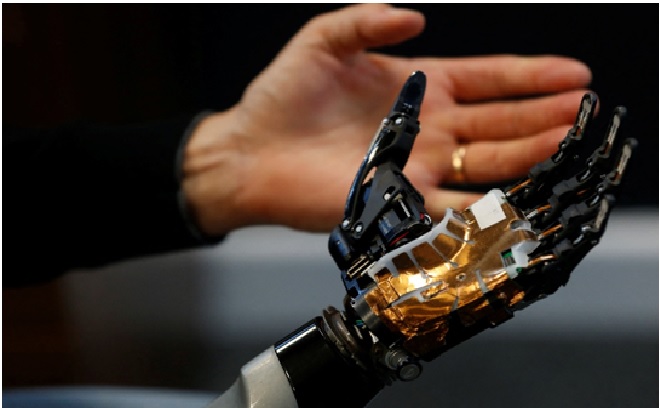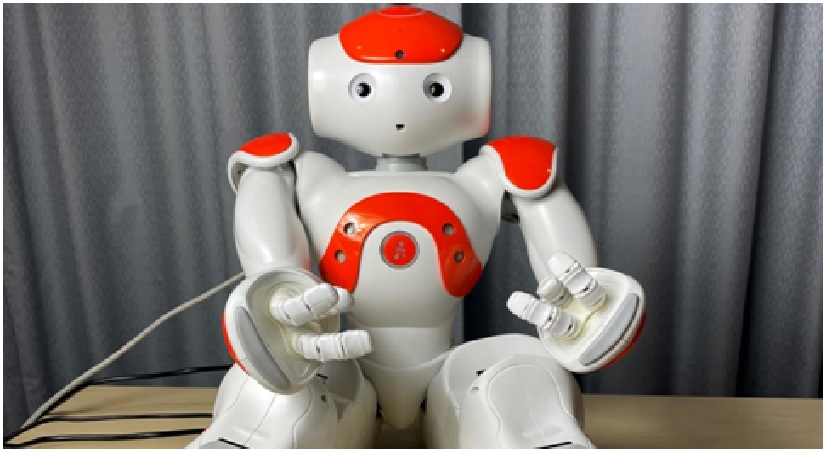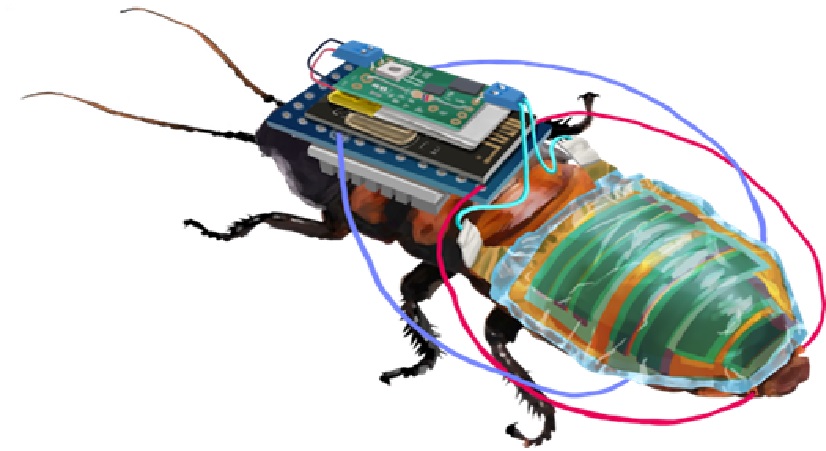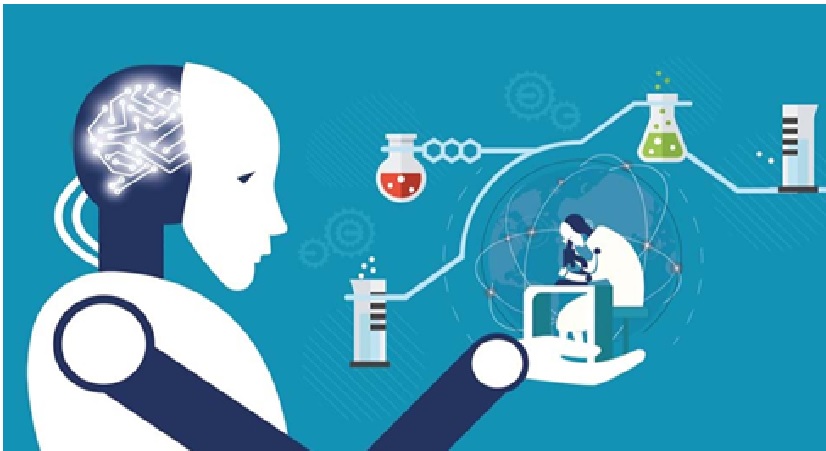Researchers Find Link Between Artificial Sweeteners and Heart Disease
The findings of a large study of French adults suggest a potential direct association between higher artificial sweetener consumption and increased cardiovascular disease risk, including heart attack and stroke.
The findings, published by The BMJ today, indicate that these food additives, consumed daily by millions of people and present in thousands of foods and drinks, should not be considered a healthy and safe alternative to sugar, in line with the current position of several health agencies. [1]
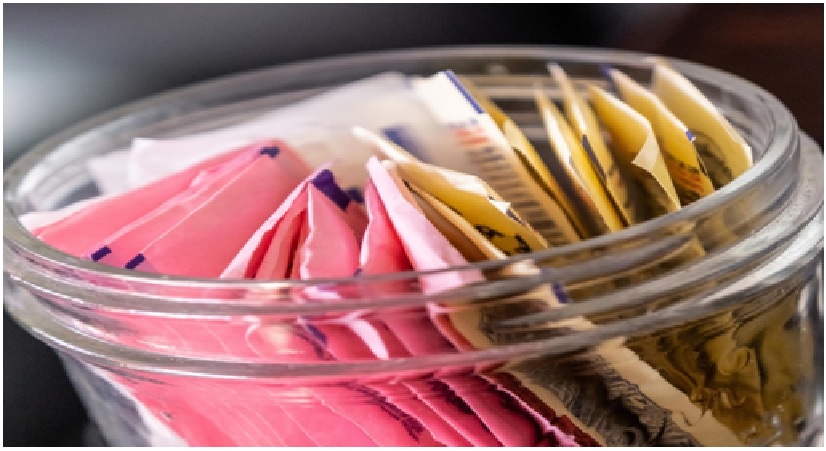
Figure 1. Researchers Find Link Between Artificial Sweeteners and Heart Disease
Figure 1 shows Artificial sweeteners are widely used as no or low-calorie alternatives to sugar. They represent a USD 7200m global market and are found in thousands of products worldwide, particularly ultra-processed foods such as artificially sweetened drinks, some snacks, and low-calorie ready meals. [2]
Several studies have already linked the consumption of artificial sweeteners or artificially sweetened beverages (ASB) to weight gain, high blood pressure, and inflammation. However, findings remain mixed about the role of artificial sweeteners in the cause of various diseases, including cardiovascular disease (CVD). Moreover, several observational studies have used ASB consumption as a proxy to explore CVD risk, but none have measured artificial sweetener intake from the overall diet. [3]
The dietary assessments recorded people’s intake of other types of artificial sweeteners — including plant-based stevia — but participants consumed too little of these for researchers to include them in their analysis.Researchers also looked at whether substituting artificial sweeteners for added sugar would reduce the risk of cardiovascular disease overall, cerebrovascular disease, or coronary heart disease. Their analysis “did not suggest a benefit,” they wrote.
Given the results of the study, artificial sweeteners “should not be considered a healthy and safe alternative to sugar,” they wrote, especially with the “extensive use of these substances in products on the global market.” [5]
The current prospective cohort study demonstrated a possible direct correlation between high artificial sweetener consumption and increased overall CVD risk. While aspartame intake increased the risk of cerebrovascular events, acesulfame potassium and sucralose increased the risk of coronary heart diseases. The study findings are alarming, considering more than 23,000 products worldwide contain artificial sweeteners. [4]
References:
- https://www.business-standard.com/article/current-affairs/study-finds-potential-link-between-artificial-sweeteners-and-heart-diseases-122090800121_1.html
- https://theprint.in/health/study-finds-possible-link-between-artificial-sweeteners-and-heart-disease/1120388/
- https://scitechdaily.com/researchers-find-link-between-artificial-sweeteners-and-heart-disease/
- https://www.news-medical.net/news/20220911/Heart-risks-associated-with-artificial-sweeteners.aspx
- https://www.healthline.com/health-news/eating-more-artificial-sweeteners-may-increase-risk-of-heart-disease#Increased-risk-of-cardiovascular-disease
Cite this article:
Thanusri swetha J (2022), Researchers Find Link Between Artificial Sweeteners and Heart Disease, AnaTechMaz, pp.174



